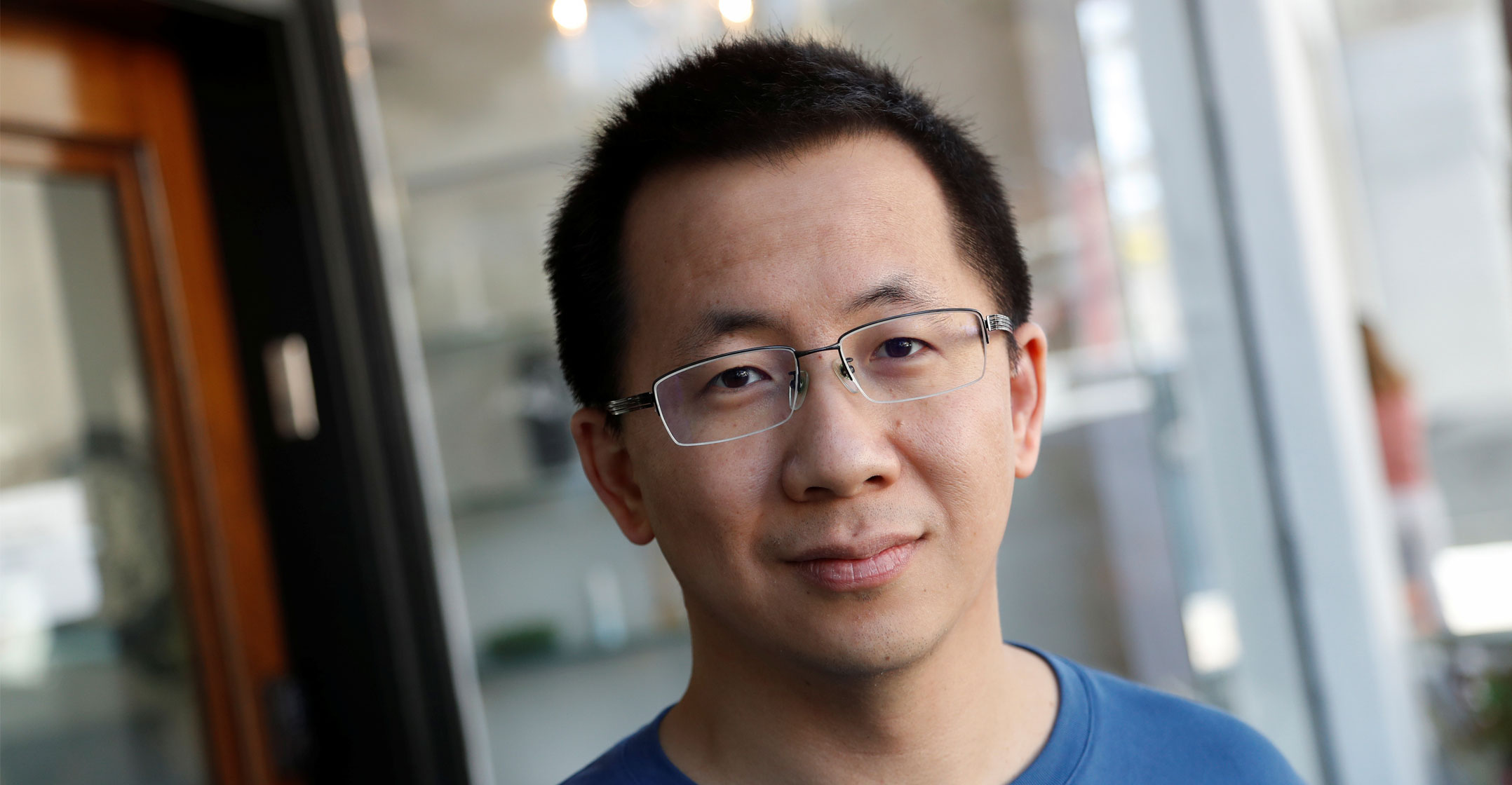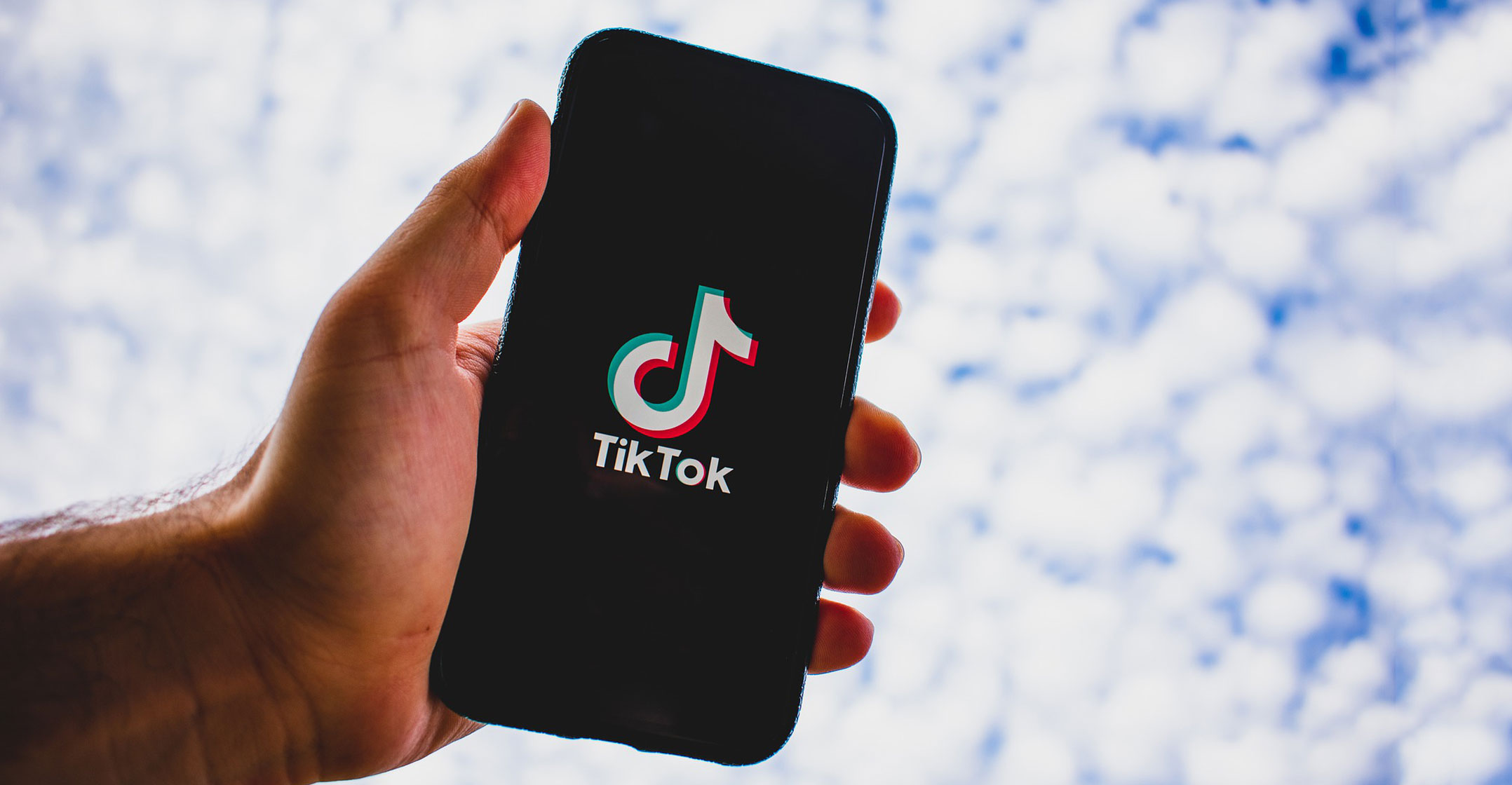
ByteDance founder and CEO Yiming Zhang’s decision to drop his pursuit of a sale of TikTok’s US operations to Microsoft in favour of a partnership with Oracle was the culmination of weeks of pressure from China’s government and the Beijing-based firm’s investors, according to people familiar with the deliberations.
China’s opposition to a forced sale of TikTok, as well as concerns by major ByteDance backers such as Sequoia and General Atlantic over the financial hit of selling the popular short-video app in the US for less than what it is worth, led Zhang to opt for the sale of only a stake to Oracle, rather than an outright divestment, the sources said.
It is a risky strategy. President Donald Trump has made it clear he wants to see an outright sale of TikTok to a US technology company, amid concerns by national security officials that US user data could be passed on to China’s Communist Party government. He has threatened to ban TikTok in the US as early as 20 September if ByteDance does not comply.
Microsoft executives grew frustrated over the course of the past week as ByteDance became unresponsive to the Redmond, Washington-based company’s US$20-billion-plus bid for TikTok’s US business, three of the sources said. The bid also allowed for future payments based on TikTok’s performance, one of the sources added.
This offer fell short of ByteDance investors’ expectations, the sources said. In arguing for its bid with the Trump administration and US lawmakers, Microsoft upset Zhang, because it referred to TikTok as a security risk it could fix, the sources added. ByteDance has maintained that its ownership of TikTok presents no such risk.
Rejected
All the while, Sequoia and General Atlantic were working with Oracle on an alternative deal that would avert an outright sale, according to the sources. On Sunday, Microsoft announced ByteDance had rejected its bid to acquire TikTok’s US business.
This account of how ByteDance picked Oracle as its partner for the TikTok deal is based on interviews with six people with knowledge of the discussions who requested anonymity to disclose details. ByteDance and Microsoft did not immediately respond to requests for comment.
Oracle declined to comment and pointed to its statement earlier on Monday that confirmed its participation in the proposed deal. General Atlantic and Sequoia also declined to comment.
 ByteDance has worked feverishly in the last few days on a deal proposal that would allow the Chinese company to retain a minority stake in TikTok while addressing US security concerns, the sources said. Zhang is referring to this deal in discussions with other ByteDance executives as a restructuring, the sources said. One of the sources called the proposed arrangement akin to a joint venture.
ByteDance has worked feverishly in the last few days on a deal proposal that would allow the Chinese company to retain a minority stake in TikTok while addressing US security concerns, the sources said. Zhang is referring to this deal in discussions with other ByteDance executives as a restructuring, the sources said. One of the sources called the proposed arrangement akin to a joint venture.
Oracle is in negotiations to take a sizeable minority stake in TikTok’s US business, with the remainder owned by some large ByteDance investors, including General Atlantic and Sequoia, the sources said. Oracle would also take over the management of TikTok’s user data and be responsible for its safety, according to the sources.
It is not clear what valuation this deal would infer on TikTok’s US business, which has as many as 100 million users.
The proposal calls for the Committee on Foreign Investment in the United States (CFIUS), the US government panel overseeing the deal talks, to approve board directors at TikTok, as well as relationships with major vendors, the sources added. The arrangements would be similar to those CFIUS put in place when Lenovo acquired IBM’s PC business in 2005 and SoftBank Group acquired US wireless carrier Sprint in 2013, according to the sources.
ByteDance also plans to argue that CFIUS’s approval two years ago of China Oceanwide Holdings’ purchase of US insurer Genworth Financial offers a precedent for its proposal with Oracle. In that deal, China Oceanwide agreed to use a US-based third-party service to manage Genworth’s US policyholder data. ByteDance will argue a similar arrangement with Oracle can safeguard TikTok’s US user data.
Concessions
ByteDance has also made other concessions to appeal to Trump, the sources said. It has offered for TikTok to create 25 000 US jobs, up from a little over a thousand employees in the US currently, according to the sources.
ByteDance is hoping that Oracle founder Larry Ellison’s fundraising for Trump, as well as Oracle CEO Safra Catz’s backing of Trump’s transition team four years ago, will also boost its chances, the sources said.
So far, the White House has been noncommittal in its discussions with ByteDance, and it remains unclear whether the proposed deal will go ahead, the sources said. On Monday, treasury secretary Steven Mnuchin said CFIUS would review the deal this week and make a recommendation to Trump.
 The White House did not respond to a request for comment.
The White House did not respond to a request for comment.
Reuters reported last week that China’s government would rather see TikTok shut down in the US than see it be part of a forced sale. It would need to approve the transfer of TikTok’s algorithm to a foreign buyer.
The proposed deal with Oracle would not require ByteDance to apply to Chinese authorities for an export licence for TikTok’s algorithm, the sources said. — Reported by Echo Wang, Joshua Franklin and Keith Zhai, with additional reporting by David Shepardson, (c) 2020 Reuters

